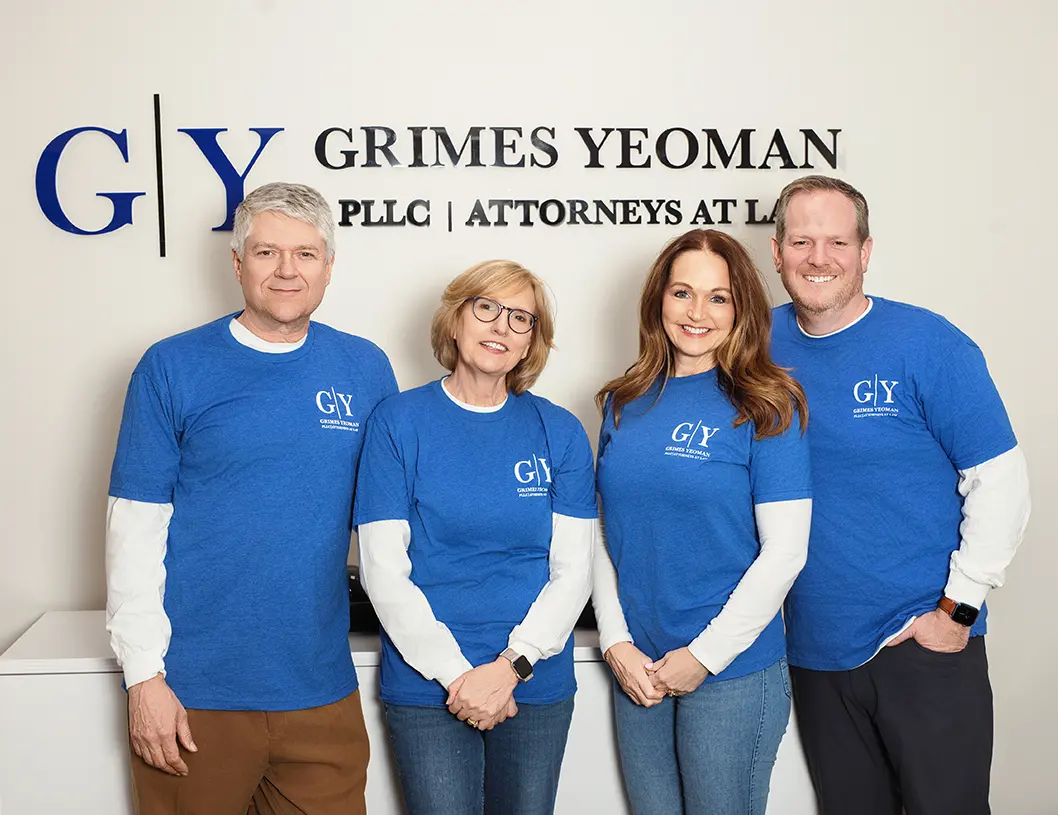North Carolina’s Personal Injury Statutes of Limitations: What are they, and how long do you have to file a claim?
After an accident, you may be wondering how long you have to file a personal injury claim. The answer depends on the applicable statute of limitations. A statute of limitations provides the time period in which an injured person has to file a lawsuit in order to protect the claim from being time-barred. Statutes of limitation are intended to require diligent prosecution of known claims to avoid issues that arise with memories fading and witnesses disappearing as time passes. For purposes of protecting the statute of limitations, the filing of a lawsuit is necessary, and it is important to properly name and sue the correct person or entity. Also, the defendant(s) must be properly served with the lawsuit and summons in order to comply with due process protections under the United States and North Carolina Constitutions. The key question, in any case, is when did the clock start running on this time period, also referred to as the cause of action “accrual date.” Often, it is the date of the accident, but sometimes it is later when the injured person discovers his or her injury.
The Discovery Rule
The statute of limitations for personal injury or physical damage to property begins to run (accrue) when bodily harm or property damage “becomes apparent or ought reasonably to have become apparent to the claimant, whichever event first occurs.”N.C. Gen. Stat. § 1-52 (16). This is known as the discovery rule. An injured person might not always discover his or her injury right away. These are called “latent injuries.” For example, in a medical malpractice case, an injured person might not discover until sometime after treatment that he was injured by the treatment. In North Carolina, the clock does not start running on the statute of limitations until the injured person discovers the injury or should reasonably have discovered it; however, there are outer limits on when a claim must be asserted known as the statute of repose.
Statutes of Repose
Even if the discovery rule applies and the injured person has not discovered the injury right away, a statute of repose may provide an additional time restriction on filing a claim. The term of “repose” imposes an absolute deadline for filing a lawsuit that is absolute and functions to give a defendant a vested right not to be sued if the plaintiff fails to file within the prescribed time period. Statutes of repose are intended to mitigate the risk of inherently uncertain and potentially limitless legal exposure. Because an applicable repose period begins to run automatically, statutes of repose give potential defendants certainty of when their legal exposure ends. For example, in a products liability case, the statutory period of repose is twelve years (12 years) and starts running when the product is purchased, even though the injury from the product may not happen until much later.
Minors and Incompetents
For minor children and “incompetents,” North Carolina provides an exception to the three-year statute of limitations on personal injury claims. The law considers minor children under the age of 18 and incompetents as defined by N.C. Gen. Stat. § 35A-1101(7) or (8) as “under a disability.” A minor child or incompetent who is injured in an accident may commence a lawsuit for his or her injuries within three (3) years after “removal” of the disability. In practice, this usually means that an individual who was injured in an accident as a child has three years following his or her 18thbirthday to commence a lawsuit for his or her injuries. See N.C. Gen. Stat. § 1-17(a).
This is a basic primer on North Carolina’s statutes of limitations and repose for personal injury cases. However, applying and calculating your last date to file a claim is a highly fact-specific analysis, so you should speak to an attorney about the statutory period for filing your claim as soon as possible. Below is a helpful chart for personal injury state of limitations:
| Type of Injury | Statute of Limitations | Statute of Repose |
| Personal Injury | 3 Years N.C. Gen. Stat. § 1-52.16 | 10 Years N.C. Gen. Stat. § 1-52.16 |
| Medical Malpractice | 3 Years 1 N.C. Gen. Stat. § 1-15 | 4 Years N.C. Gen. Stat. § 1-15 |
| Wrongful Death | 2 Years N.C. Gen. Stat. § 1-53(4) | — |
| Product Liability | 3 Years N.C. Gen. Stat. § 1-52.16 | 12 Years N.C. Gen. Stat. §1-46.1 |
| Personal Property Damage | 3 Years N.C. Gen. Stat. § 1-52.16 | 10 Years N.C. Gen. Stat. §1-52.16 |
| Worker’s Compensation | 2 years 2 N.C. Gen. Stat. §97-58 | — |
Ourpersonal injury attorneys in Mooresville, NC, are experienced in analyzing the facts of a case and determining the appropriate statutory time limits so you can feel confident in your decision to seek compensation for an injury. For advice tailored to your specific injury and situation, you can call us at (704) 321-4878 or contact us online .



